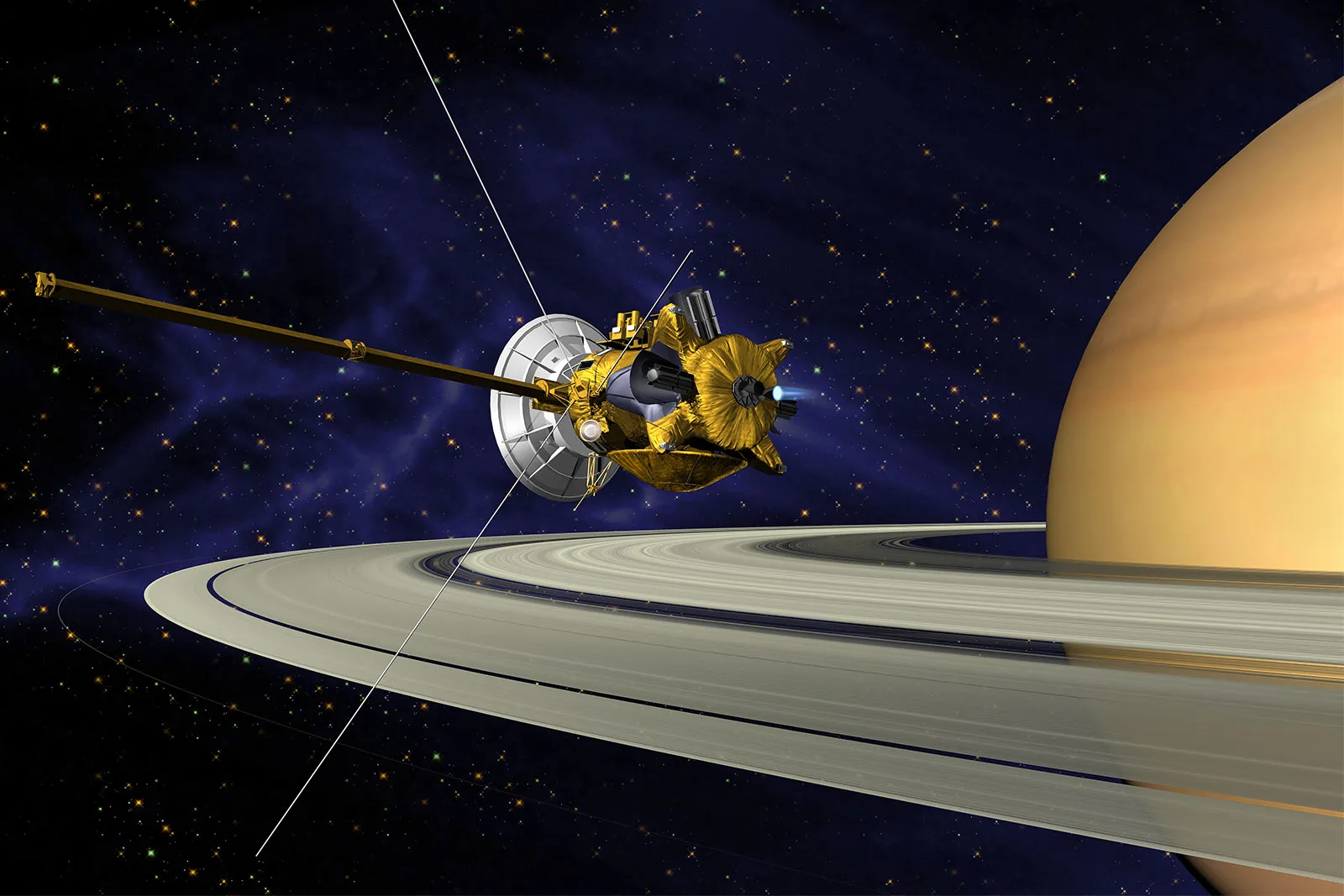
The History of Space Exploration: Lessons and Achievements
By Adedayo Oyetoke, Published on: May 28th 2023 3 min, 576 word Views: 1501
From the early days of staring up at the stars in wonder to modern-day space exploration, humans have always been fascinated by the mysteries of the universe. The journey to explore space has been a long and challenging one, but it has also been filled with incredible achievements and valuable lessons. Let's take a closer look at the history of space exploration and the significant milestones that have led us to where we are today.
The Early Days of Space Exploration
The history of space exploration dates back centuries, with early astronomers like Galileo Galilei and Johannes Kepler making significant contributions to our understanding of the universe. However, it wasn't until the mid-20th century that space exploration began to take shape. In 1957, the Soviet Union launched Sputnik, the world's first artificial satellite, into orbit. This event marked the beginning of the Space Race between the United States and the Soviet Union, as both nations sought to explore and dominate space.
The Space Race
The Space Race was a period of intense competition between the United States and the Soviet Union to achieve various milestones in space exploration. In 1961, Soviet cosmonaut Yuri Gagarin became the first human to travel into space, orbiting the Earth once in the Vostok 1 spacecraft. The United States responded by launching Alan Shepard into space in 1961, followed by John Glenn's orbit of the Earth in 1962.
The Space Race reached its pinnacle in 1969 when NASA's Apollo 11 mission successfully landed astronauts Neil Armstrong and Edwin "Buzz" Aldrin on the Moon. This achievement marked a significant milestone in human history, as it demonstrated our ability to explore and understand our universe.
Modern-Day Space Exploration
Since the first human landing on the Moon, space exploration has continued to evolve and expand. NASA's Space Shuttle program, which began in the 1980s, was a significant step forward in human spaceflight. The Space Shuttle allowed for regular and cost-effective launches into space and contributed to the construction of the International Space Station (ISS).
The ISS has been continuously inhabited by astronauts since 2000 and serves as a research laboratory for a variety of scientific experiments. The ISS has also facilitated international cooperation, with numerous countries working together on the construction and maintenance of the station.
Lessons and Achievements
The history of space exploration has taught us many valuable lessons and has led to numerous significant achievements. One of the most important lessons is the need for international cooperation in space exploration. The Space Race may have been driven by political competition, but modern-day space exploration has been successful due to the cooperation of multiple nations.
Another lesson learned is the importance of innovation and technology. Space exploration has driven many technological advancements, from the development of GPS to the creation of new materials and technologies that are used in space and on Earth.
Finally, space exploration has allowed us to gain a deeper understanding of our universe and our place in it. Through studying the cosmos, we have learnt about the origins of the universe, the properties of other planets and stars, and the potential for life beyond Earth.
In conclusion, the history of space exploration is a testament to the resilience and ingenuity of human beings. The milestones achieved and lessons learnt have been instrumental in shaping our understanding of the universe and have opened the door to new discoveries and opportunities. The future of space exploration is bright, and we can only imagine what new achievements and lessons are yet to come.
